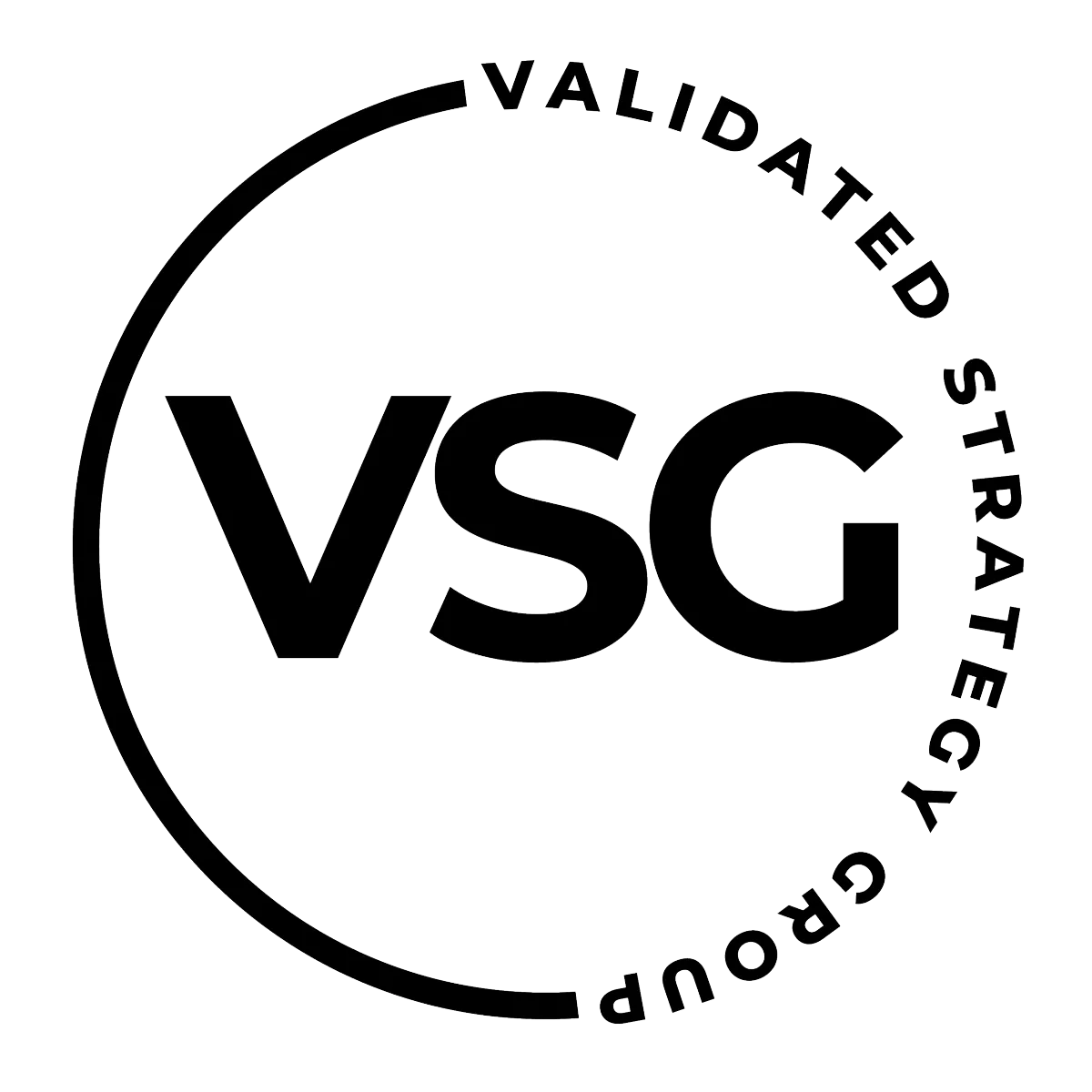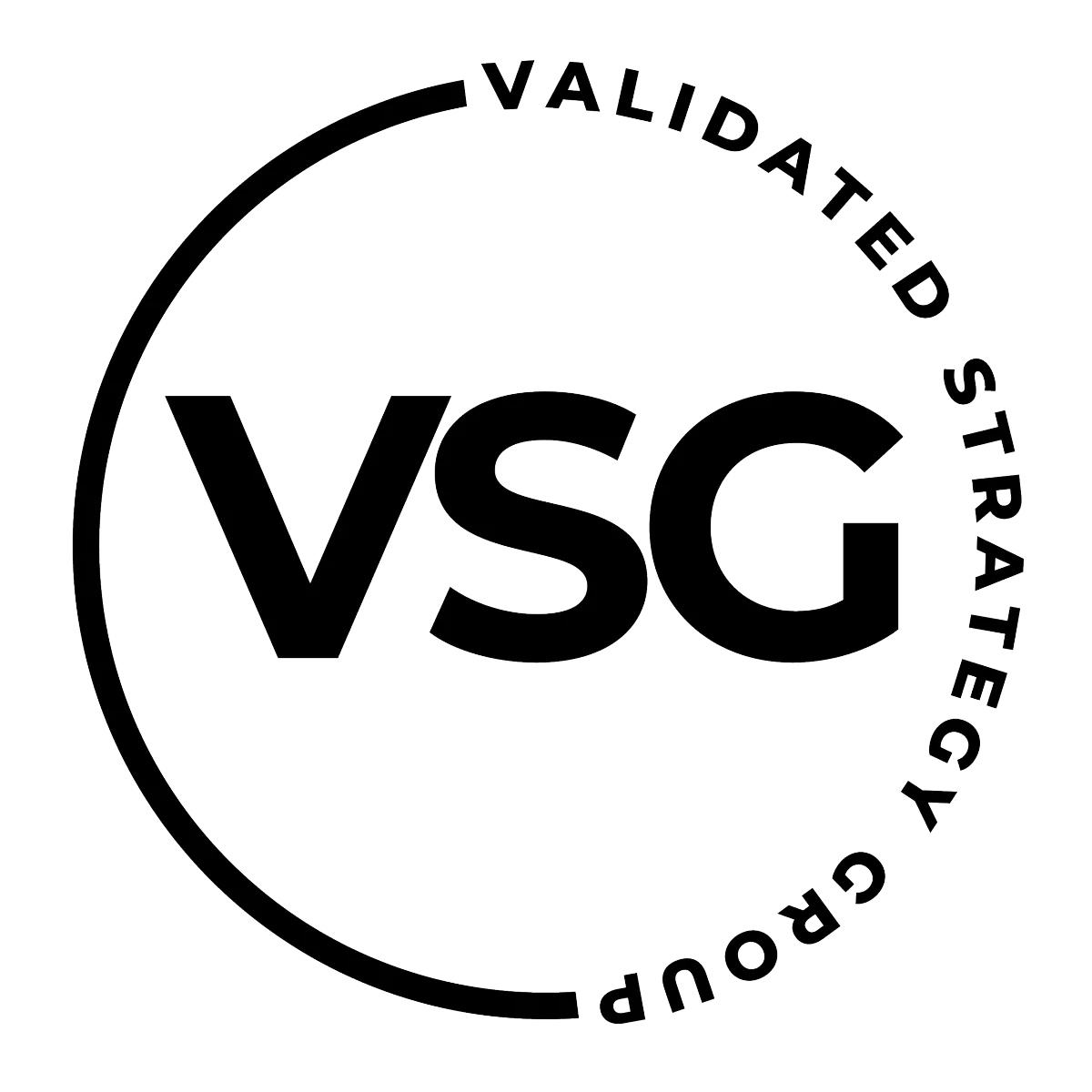
Essential Operational Planning Tips for Business Efficiency
"Plans are nothing; planning is everything." – Dwight D. Eisenhower
Introduction
Operational planning is the process of outlining the specific actions and resources needed to achieve your business goals. For family-centered entrepreneurs, effective operational planning ensures that daily activities align with both business objectives and family values. This guide provides actionable tips to develop an operational plan that supports sustainable growth and work-life balance.
1. Align Operations with Strategic Goals
Ensure that your operational plan directly supports your strategic objectives. This alignment keeps your business on course toward its long-term vision.
Example:
"If your strategic goal is to expand into new markets, your operational plan should include actions like market research and product adaptation."
2. Define Clear Roles and Responsibilities
Assign specific tasks to team members, clarifying their roles to prevent overlap and ensure accountability.
Example:
"Designate a team member to oversee inventory management, ensuring stock levels meet demand without overburdening resources."
3. Set Realistic Timelines
Establish achievable deadlines for each task to maintain momentum and track progress effectively.
Example:
"Implement a new customer relationship management system within three months to enhance client interactions."
4. Monitor and Adjust Regularly
Regularly review your operational plan to assess performance and make necessary adjustments in response to challenges or changes.
Example:
"Hold monthly meetings to evaluate operational efficiency and address any issues promptly."
5. Foster Open Communication
Encourage transparent communication among team members to facilitate collaboration and address concerns swiftly.
Example:
"Use collaborative tools to keep everyone informed about project updates and changes."
6. Prioritize Work-Life Balance
Design operational processes that promote a healthy balance between work and family life, enhancing overall well-being and productivity.
Example:
"Implement flexible working hours to accommodate family commitments, boosting employee satisfaction."
Conclusion
Effective operational planning is vital for translating strategic goals into actionable steps. By aligning operations with your business objectives and family values, you create a roadmap for sustainable success that honors both professional and personal commitments.
Call to Action
Ready to optimize your operations for success? Join our free course, Foundations of a Family-First Business, and learn how to create success on your own terms.



